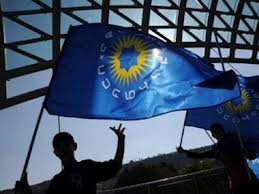
Georgia’s Election: Georgian Dream won a shock victory, but we should have seen this coming
On the first of October, 2012, Georgia held parliamentary elections. In Western capitals and analytical circles, it was widely believed that Mikheil Saakashvili’s ruling United National Movement (UNM) would be returned to power. Most polling on political rankings supported this expectation. Some analysts had suggested that the highly unequal impact of Georgia’s impressive growth record was generating significant social discontent, undermining the ruling party’s position. Deepening inequality, sporadically high inflation, persistently high unemployment, and deepening poverty might translate into opposition votes. These people were dismissed as misinformed or deluded cranks, me included.
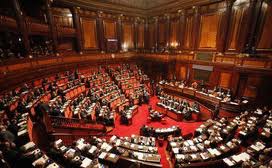
The Crisis of the Italian Second Republic: In a right mess, but are the alternatives any better?
History, as Marx taught us, likes to repeat itself: the first time in the form of a tragedy; the second, a farce. What may be unique about Italy, though, is it’s often hard to distinguish between the two. This is a country where the situation is often tragic but never serious.
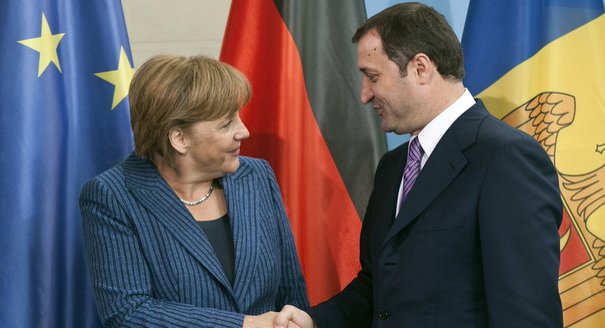
Moldova: At the Crossroads between Russia and the European Union
On August 22, 2012, German Chancellor Angela Merkel conducted an important one-day visit to Moldova to celebrate 20 years of German-Moldovan cooperation. Some of the key topics of discussion during her visit were a potential resolution of the Transnistrian conflict, triggered by the self-proclaimed independence of this Moldovan region in 1990 and suspended by the 1992 ceasefire, as well as Moldova’s integration into the European Union (EU). Indicative of the importance of this visit was the fact that the German Chancellor took part in the visit personally, rather than sending a lower ranking representative to address her Moldovan counterpart. Most commentators who have analyzed Merkel’s visit have played down its importance, arguing it merely represents a strengthened effort to resolve …
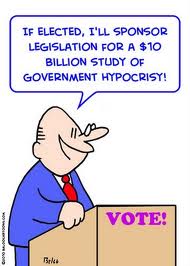
Closing the UK’s Democratic Deficit: Is a New Party of Local Notables The Answer?
In these days of financial crisis, austerity and expenses scandals, one doesn’t have to go far to find citizens complaining that our democracy is in decline. Most people do this from the comfort of their armchairs, shouting at Question Time or changing the TV channel when a particularly annoying politician crosses their screen. However, the founder of the Independent newspaper, Andreas Whittam Smith, is prepared to go one step further. Yesterday, Whittam Smith announced a plan for a new British movement to ‘restore democracy’. He argued that the UK’s current MPs are drawn from a narrow set of backgrounds – law, medicine, journalism and, of course, political hackery. In this view, we are left with a cohort of politicians more suited to marketing …
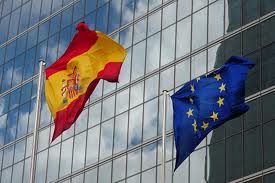
Spain: Time for more structural reform
Spain has now been in recession for almost five years, and has had to face challenges and tackle each of them in very different ways. In the beginning, the concern with national public spending, led to severe budget cuts in 2011 and 2012. Later, the need to reform the labour market emerged in order make it more flexible and competitive, prompting a general strike in March of this year. A few months ago doubts about the health of the Spanish financial system surfaced. Would Spain be capable of recapitalising its banks without putting its overall solvency at risk? European partners stepped in and structured a bailout of Spanish banks that attempted to de-couple financial and sovereign risk. Today we read …
It is Not Only About Germany: Technocratic Agenda and the European Project
Mark Leonard, Director of the European Council on Foreign Relations, recently discussed an important trend that looms over the European project. Commenting on the recent scandalous statements by the Germany populist politician Thilo Sarrazin and the disavowal of his position by leading German politicians, Leonard voiced his concern that if ‘the establishment cartel turns [populists like Sarrazin] into outcasts rather than arguing with their views’, they will be able to tap into an ever-growing ‘reservoir of pent-up political frustration’. Leonard goes on by stressing that it is particularly worrying that ‘Germany’s leaders are now trying to treat foreign politicians who question German orthodoxy the same way they treat their own populists’. German responses to the question of a Greek referendum …
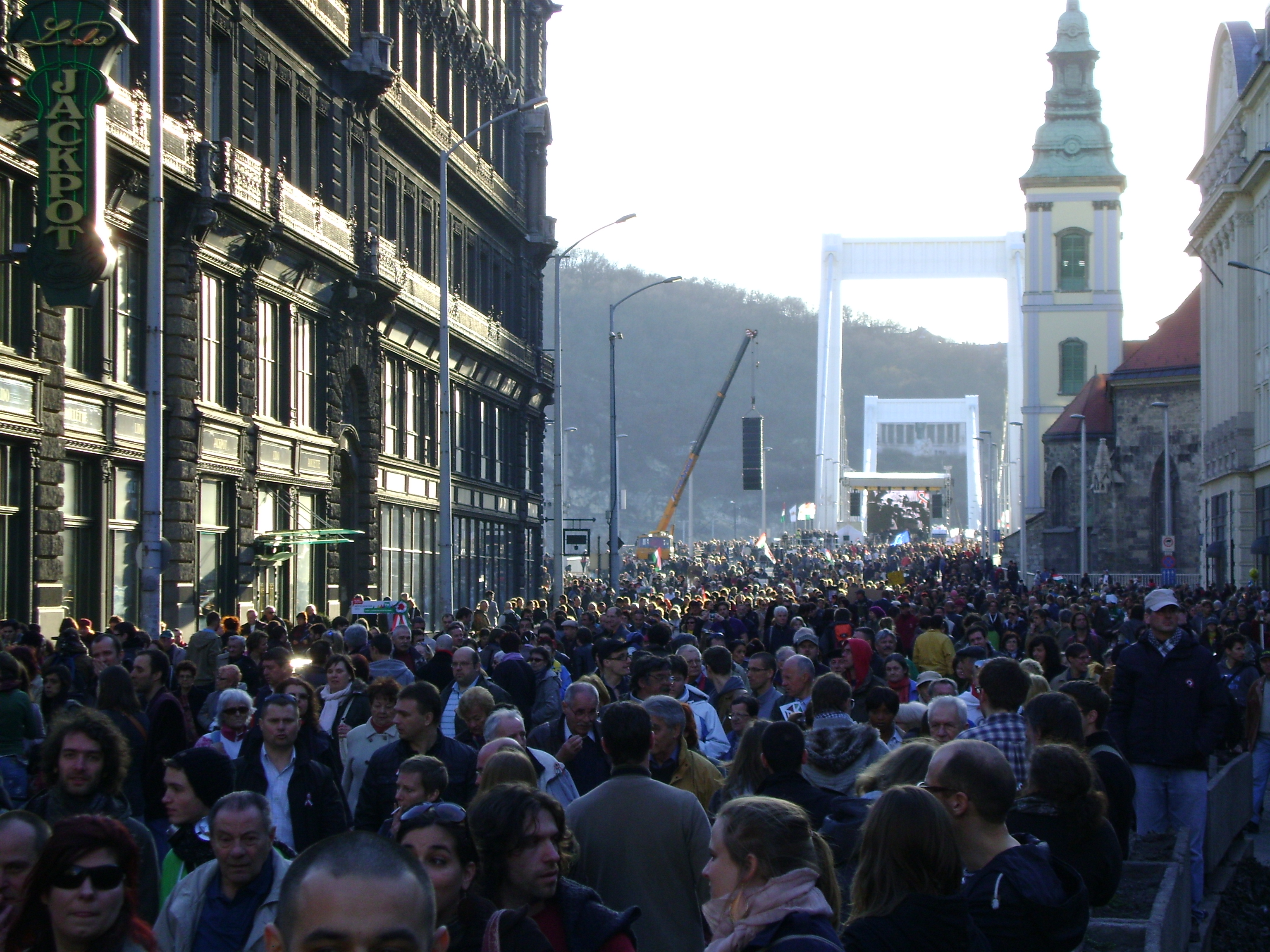
A Major Setback for Media Freedom: The Case of Hungary
In April 2011, in a symbolic move, Budapest’s Republic Square was renamed after the late Pope John-Paul II. This was one of the many consequences of the electoral victory of the Fidesz Party and its Christian Democrat allies a year earlier. The winners immediately called it a ‘revolution at the voting booths’. With the support of 53 percent of voters, the alliance won 67 percent majority in parliament, and soon began to colonise the public sphere in an attempt to embed its Christian, nationalist and conservative values. By 2012, the new government has fundamentally reshaped Hungary’s media landscape. Throughout the 2000s, Freedom House listed Hungary amongst other ‘free press’ countries, with scores meeting the regional average. Yet for 2011, Hungary was …
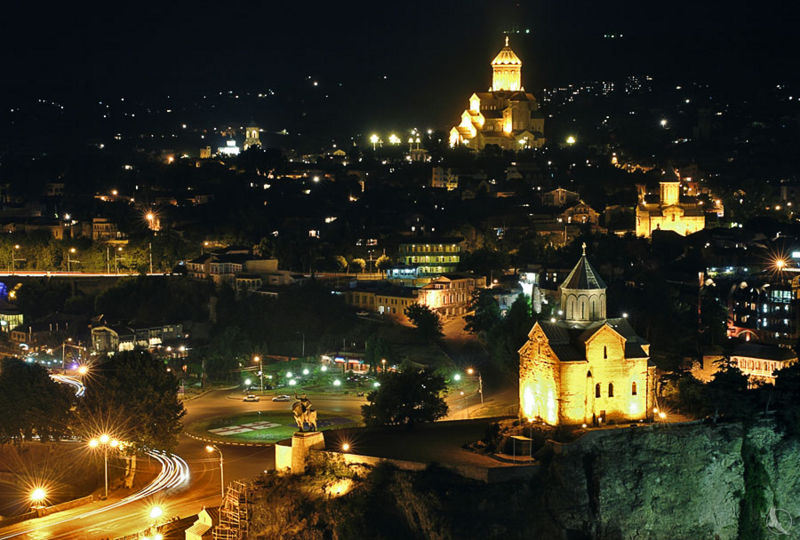
The Caucasus: A case of mistaken identity?
What matters more: who you think you are or who others think you are? Addressing a major gap in IR scholarship, the importance of identity in influencing state behaviour was first elucidated by writers within the Constructivist school of thought, most notable among whom was Alexander Wendt. In his seminal article “Anarchy is what states make of it”, Wendt draws attention to the significance of identity by employing the metaphor of “the looking-glass self”, arguing that states form identities of themselves through their interactions with other states: that “the self is a reflection of an actor’s socialization”(Wendt 1992:404). Such a theory seems to predict that a state’s identity and how others perceive it should bear correlation. How, then, do we …









